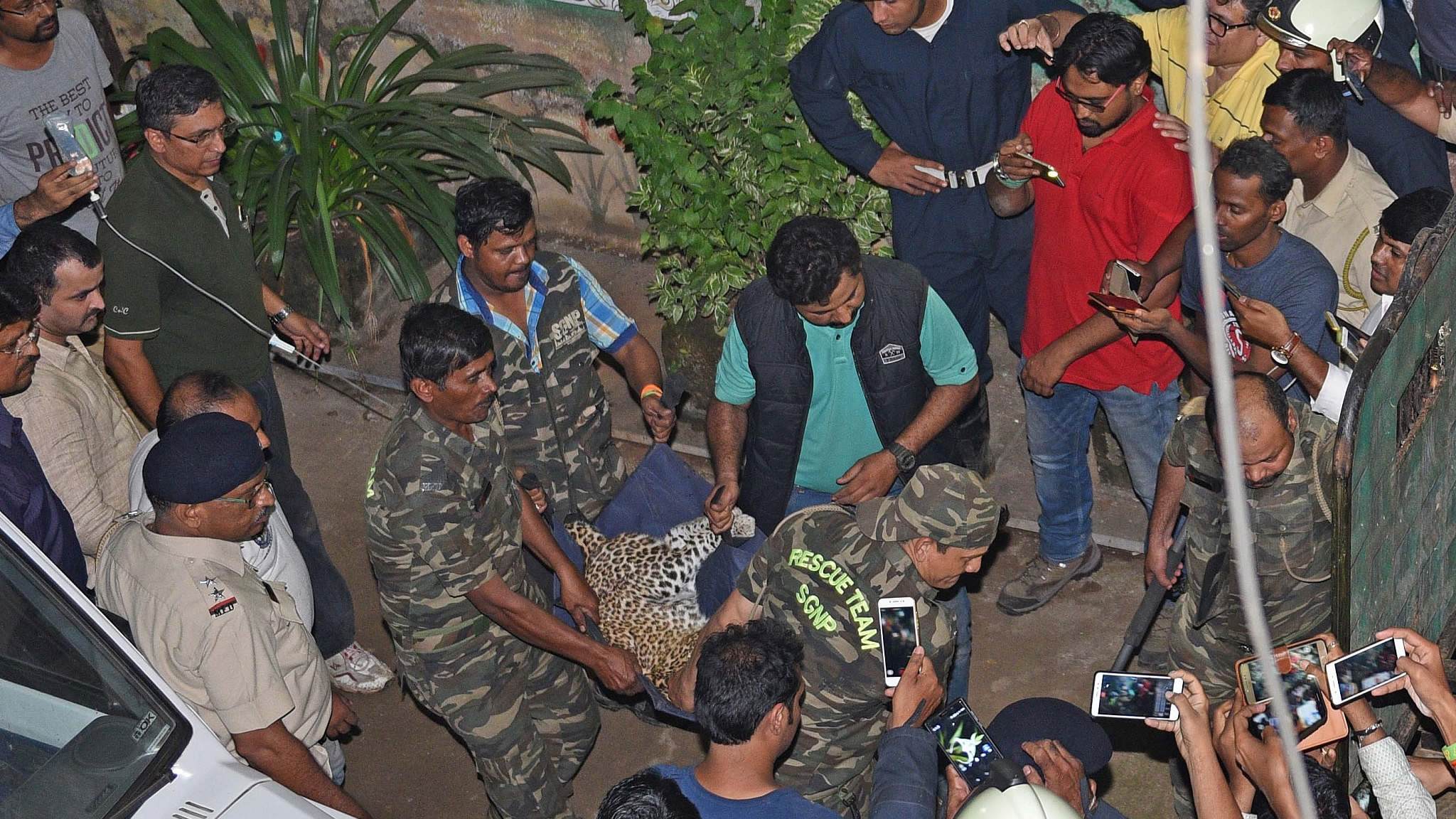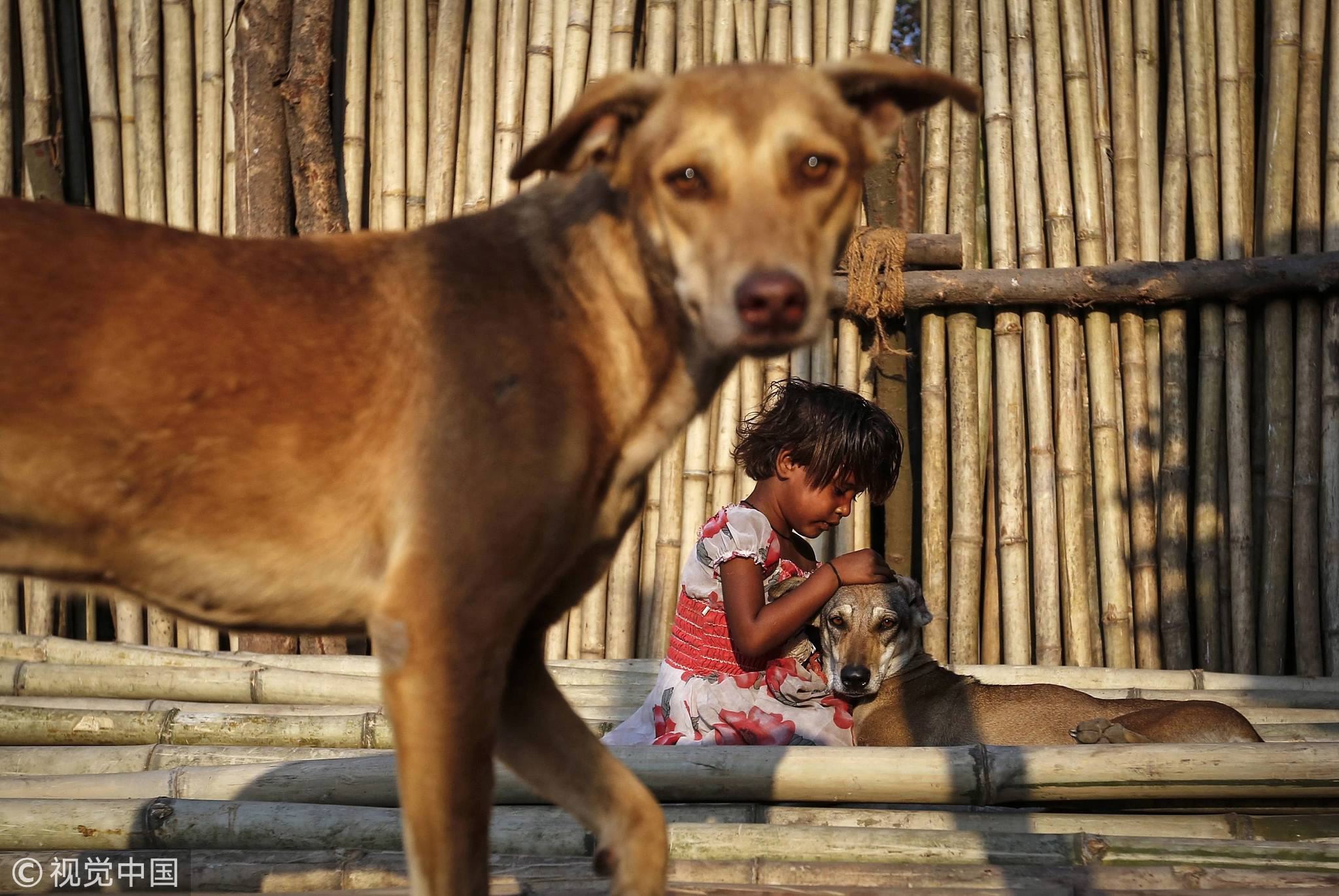
Tech & Sci
16:09, 13-Mar-2018
Leopards are reducing rabies cases in urban periphery
Alok Gupta

A plummeting number of vultures in India increased feral dogs’ population leading to spiraling rabies-related deaths. But leopards, in the recent years are helping reduce dog bite incidents.
Researchers from the University of Queensland, in a recent study, found, around 35 leopards in Sanjay Gandhi National Park in Mumbai – second most crowded city of the world – are devouring on feral dogs preventing bites that transmit rabies.
Around 20,000 people die of rabies as a result of dog bites in India.
A population of 250,000 resides within the 500 meters periphery with a large number of slums encroaching the park’s buffer zone. According to researchers, leopards kill 1500 dogs every year in these slums reducing the rabies treatment and sterilization burden in the city.
Around 96,000 stray dogs prowl freely in Mumbai, forcing the government to release a fund of 208,000 US dollars for their sterilization. Roughly, the government spends about 11.90 US dollars for sterilization of a dog, “with leopards’ killing 1500 stray dogs government is saving approximately 18,000 US dollars every year,” researchers maintained.

Leopards are feasting on rising dog population, preventing rabies transmission in Mumbai. /VCG Photo
Leopards are feasting on rising dog population, preventing rabies transmission in Mumbai. /VCG Photo
The megacity, with a population of more than 21 million, records 74,603 dog bite cases every year but the numbers are low in slums located near the park.
Researchers found that stray dog density in the slums situated near the park is 40 times lower as compared with the four slums located within the city. “Slums adjacent to the park experience about ten times fewer dog-bite incidents than is typical for the city,” study revealed.
Near extinction of vultures and poor policies for stray animals is booming dog population in India
Due to a government ban on the killing of stray animals, dog population in the country has grown to nearly 30 million.
Previous studies reveal, apart from the government’s weak policy, a catastrophic decline of vulture population in the last two decades due to excessive use of diclofenac – an anti-inflammatory drug for cattle – also exacerbated feral dog population in the South Asian country.
Vultures suffer renal failure after consuming the flesh of animals that were administered diclofenac. The drug-laced carcasses decimated vulture population by nearly 90 percent, researchers claimed. Corpses that were the staple food of vultures became available in plenty for stray dogs, and they started prowling in packs.
Experts also found that 91 percent of the dog bite victims suffering from rabies belonged to low-income families living in rural and periphery of urban areas where carcasses are dumped.
Alexander Braczkowski, the lead author of the study, told CGTN Digital a large number of poor people with poor access to healthcare living in slums near to these parks become victims of dog bites. “Leopards to an extent have controlled dog population, but a concrete plan needs to be chalked out to prevent human-animal conflict arising out of rapid urbanization.”
Previously, researchers in nineteen other studies carried out in the different part of Africa and Asia have shown that leopards prey on stray dogs is preventing rabies transmission.
With Mumbai, urban sprawl likely to increase by 26 percent by 2020, slums dwellers will further encroach the forested areas leading to frequent human-animal conflict.
Interestingly, researchers recorded not a single case of leopard attack on humans from 2013 to 2016. However, the fragile peace was shattered last year with seven documented instances of leopard attacks.
“For now, dogs are acting as a wall to prevent frequent direct human-leopard conflict, but human-animal dynamic keeps changing,” Braczkowski said.

SITEMAP
Copyright © 2018 CGTN. Beijing ICP prepared NO.16065310-3
Copyright © 2018 CGTN. Beijing ICP prepared NO.16065310-3